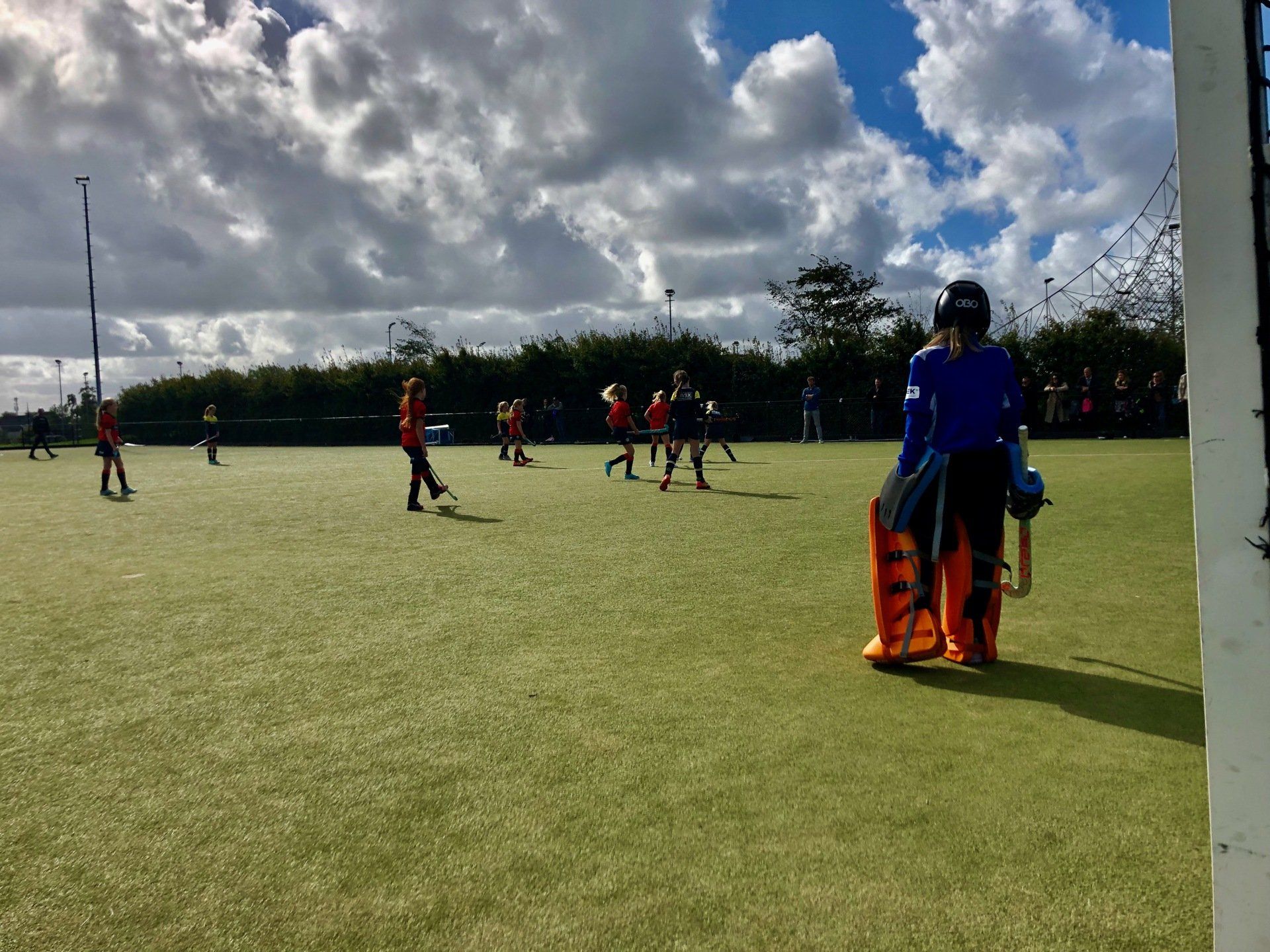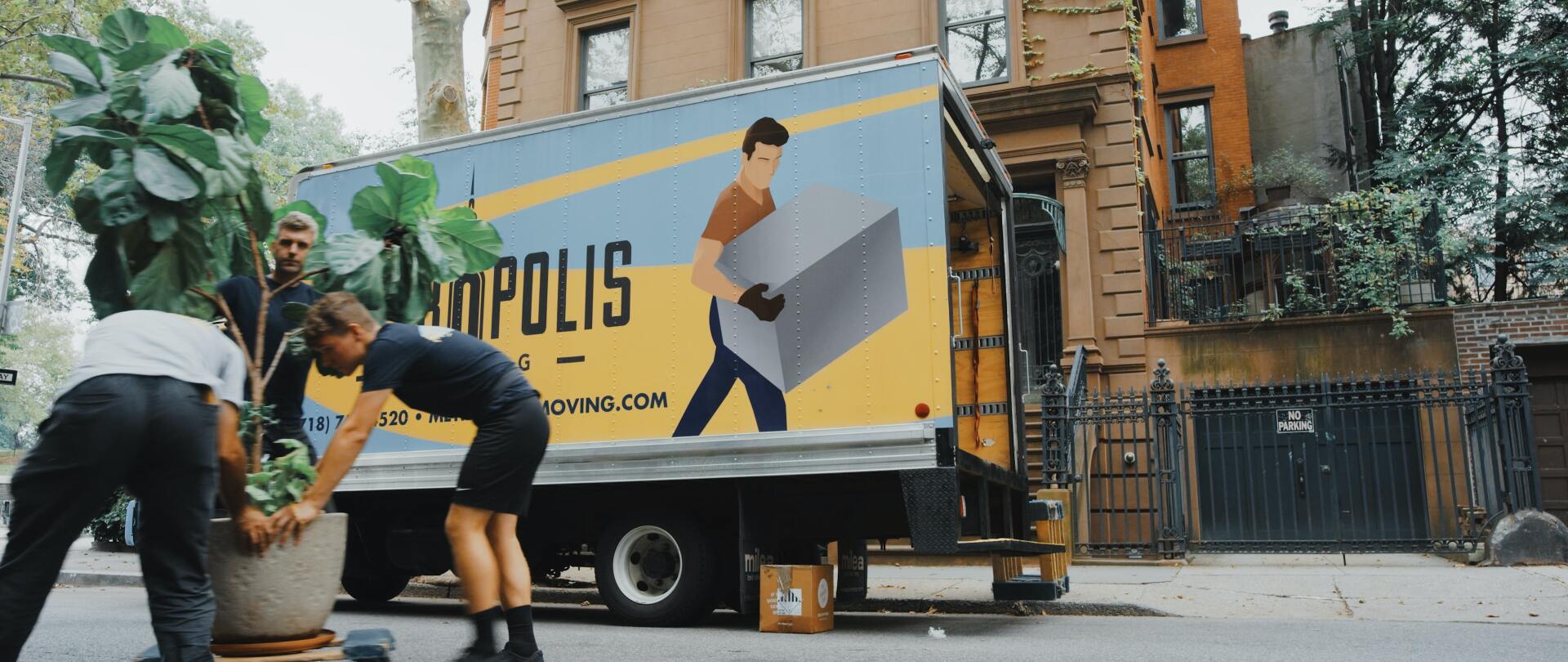Sishida Yangu (It's not my Problem)
Most of us have a tendency to solve someone else's problems. Saying "no" a bit more often might help everyone involved.
Living in Kenya is wonderful. It’s a beautiful country full of nice and friendly people. And, as in many countries, it is appreciated if you try to speak the language. I do a bit and one phrase I needed to learn early in my Kiswahili career is “shishida yangu”, it’s not my problem. A word I don’t need to use often, but often enough to enjoy having learned it.
Sometimes, when something goes wrong, the person in question looks at me in the hope I will solve it for him. It might be the plumber, a car mechanic or someone who wants to buy my car for half the requested price. My first tendency is to figure out what to do to make the problem go away, I feel it’s my responsibility. But is that the best strategy?
It is my belief that accountability and responsibility are two wonderful concepts. So if you mess up things or just don’t have the money to buy a car, is that really for me to solve? No it isn’t so I tell them. In coaching I do the same and my first question will be “how would you solve this situation?”
I see this problem-solver behaviour also in my clients. They want to be the rescuer. People forget that in doing so they’ll end up with everyone’s problems on their plate and don't leave the one in charge who owns the problem. But most importantly, they will loose sight of their own needs.
So please ask yourself occasionally the following question when someone approaches you with an issue: “Is it really up to me to resolve this or is that someone better equipped?” You will do the other but most of all yourself a great favour if you answer “no” just a bit more.










